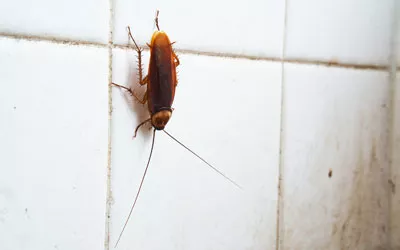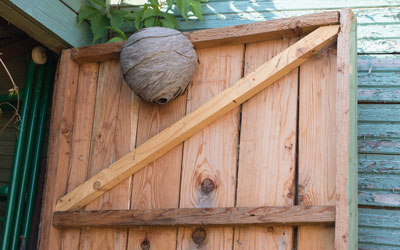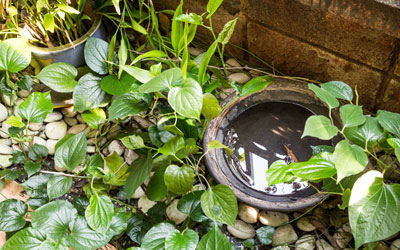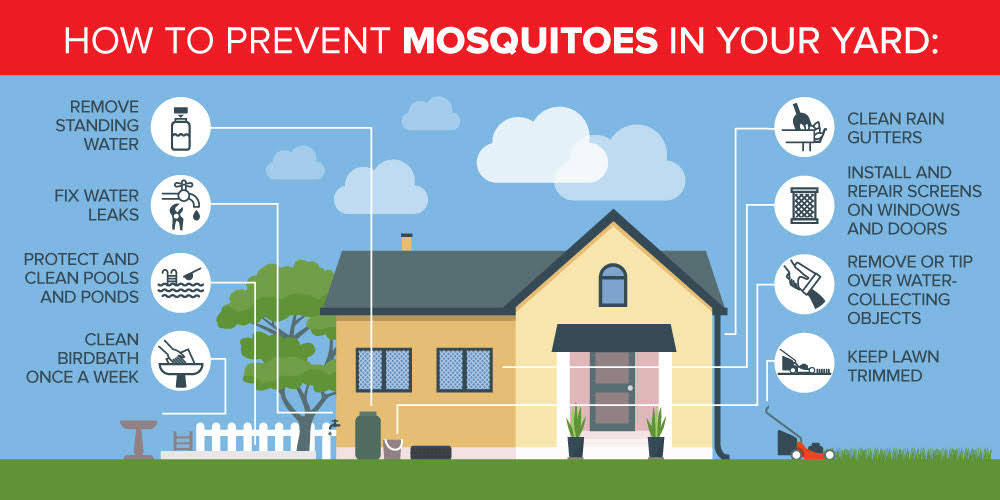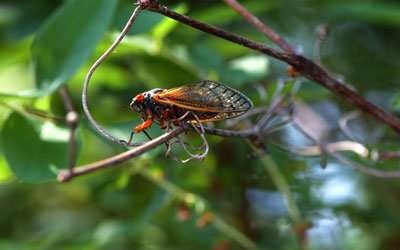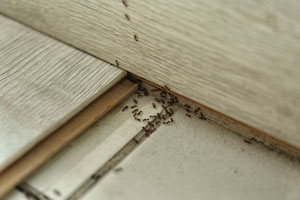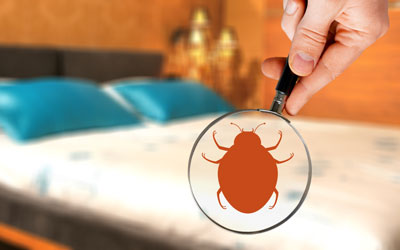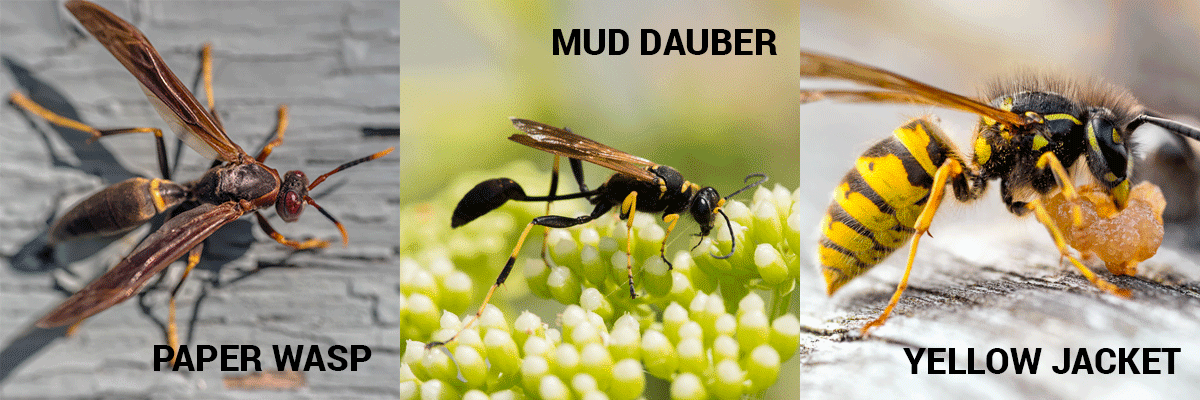 Attention, dog lovers in the beautiful state of Virginia! Are you tired of playing a never-ending game of hide-and-seek with ticks? While it may seem impossible to keep these blood-sucking pests away, with the right precautions you can help your furry friends avoid itchy bites all summer long. Read on to learn expert tips from the tick exterminators at Loyal Termite & Pest Control.
Attention, dog lovers in the beautiful state of Virginia! Are you tired of playing a never-ending game of hide-and-seek with ticks? While it may seem impossible to keep these blood-sucking pests away, with the right precautions you can help your furry friends avoid itchy bites all summer long. Read on to learn expert tips from the tick exterminators at Loyal Termite & Pest Control.
Tick Talk: Why Ticks Are a Big Deal
Ticks may be tiny, but they pack a punch when it comes to harming your furry companion’s well-being. From Lyme disease to other tick-borne illnesses, these sneaky critters can wreak havoc on your dog’s health. To help you out, are some tips for flea and tick prevention for dogs.
Daily Checks for a Tick-free Pup
Make it a daily ritual to give your dog a thorough tick inspection, especially after escapades in grassy or wooded areas. Get hands-on and feel for any suspicious bumps or lumps on their skin.
Remember to pay extra attention to those ears, neck, belly, and legs. If you spot an unwelcome tick, arm yourself with tweezers or a handy tick remover tool to delicately evict the intruder. If you are worried about accidentally leaving the head behind, contact your veterinarian for advice on clean removal.
The “No-tick” Zones: Dodging Ticks Like a Pro
Treat tick-infested areas like the forbidden lands for your pooch. That means tall grass, bushes, and leafy havens. Steer clear of these hotspots when you embark on your walks or hikes. Stick to well-groomed trails and paths, leaving the tick playgrounds behind. Keep your lawn in tip-top shape by regularly mowing and tidying up any debris, making it a less appealing hideout for those tiny hitchhikers.
Suds and Suds: Bath Time Tick Defense
Who knew bath time could be a tick-busting extravaganza? Grab a mild shampoo made for your furry friends and lather up your furry pal. Rinse them thoroughly, removing any lurking ticks in the process. Add a splash of apple cider vinegar or lemon juice to the water for an extra kick. These natural tick repellents will make those bloodsuckers think twice.
Fashionable and Functional: the Tick-Proof Dog Vest
If your furry sidekick is an adventure enthusiast, it is time to suit them in style! Introduce your pet to the tick-fighting superhero: the dog vest. This fashionable garment covers your dog’s chest and back, providing a barrier against tick bites. Some vests even come armed with permethrin, a tick-slaying chemical.
Vet It Out: Tick Prevention Tailored to Your Pup
Your trusted veterinarian should always be your go-to resource for flea and tick treatment products. Schedule a chat with your vet and discuss how to keep ticks off your dog. They will recommend top-notch products and methods ideal for your dog’s needs. The options are endless, from collars, sprays, and drops to pills or vaccines.
Remember, some products can tackle ticks, fleas, and other pests. But be aware of potential side effects and interactions with other medications. Prioritize your pup’s safety by consulting with your vet before starting any regime of flea and tick prevention for dogs.
Tick Invasion? Call In the Pros!
The tick situation can sometimes feel overwhelming, especially in Virginia summers. That is where the tick exterminators at Loyal Termite & Pest Control come in. Their expertise and cutting-edge techniques will give those ticks a one-way ticket out of your furry friend’s life. Not only do they provide exceptional service, but they are also famous for their commitment to eco-friendly pest control solutions and their dedication to customer satisfaction.
Do not let ticks ruin your day or harm your dog’s health. Call Loyal Termite & Pest Control today and get rid of those pesky parasites once and for all.


